Nigeria is a petroleum-rich region that started its hydrocarbon activities when the Shell Development Company received an oil exploration license in 1938. Commercial extraction started in 1956 at Oloibiri, Bayelsa, and shipment/exportation to Europe started in 1958. The Crude oil extraction and production in the Niger Delta region have been in existence for about 65 years. Besides, this region was one of the world’s most extensive arable wetlands that used to be fertile for agriculture.
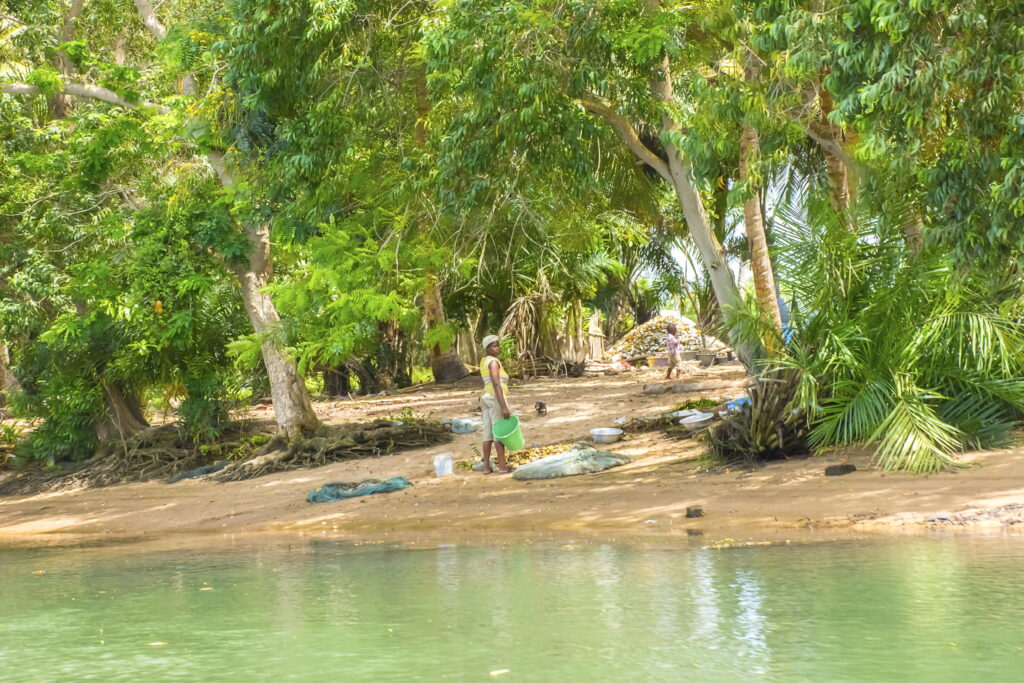
Unfortunately, this is no longer the case since the environment is severely polluted, and the land is no longer fertile to support good farming due to oil spills and gas flaring. These activities have caused environmental pollution, adverse human health effects, loss of livelihoods, socio–economic problems, and degradation of host communities in the nine oil–producing states in the Niger Delta region. These have also contributed to the detrimental effects of climate change.
The sad story is that there’s no adequate compensation from the International Oil Companies (IOCs) for their lost lands, water bodies, and damages, and neither significantly benefits from the vast exploitation activities in the communities. Moreover, Poverty in these areas is another excruciating challenge in the host and impacted communities. Various Acts, bills, and agencies have been established to regulate petroleum exploration activities.
Unfortunately, some of these laws and agencies have either failed or not functioning due to poor administration, corruption, inadequate funding, lack of experts, etc. Most of the bills are for corporate profiteering to the IOCs but pain to the communities. It has been reported that the Niger Delta is the poorest region despite all the oil exploration, extraction, and production made by the IOCs, etc.
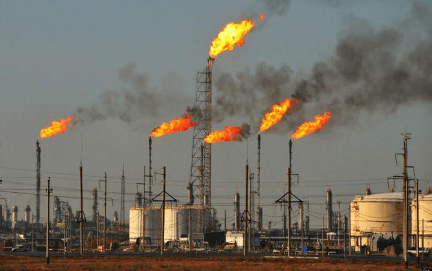

The global transition from crude oil to gas and renewable energy has been a trending issue for the past years for the nation’s greener environment and better economy. 2030 is the proposed year for the zero flaring of gas, while 2060 is the net zero gas emission. Nigeria as a country is not exceptional to this transition. However, the Federal Executive Council launched and approved the Energy Transition Plan based on the commitment during COP26 to achieve zero-gas flaring and net zero emissions as proposed globally. But the big question on the table is what is the readiness, action plans, and timelines to achieve the proposal goals.
Considering the numerous challenges besetting the oil and gas industry, the NRGI, AfriTAL, and other partners started the engagement of relevant stakeholders in the year 2022 to interrogate the gas policies and implementation strategies of the Decade of Gas Action Policy Plan.
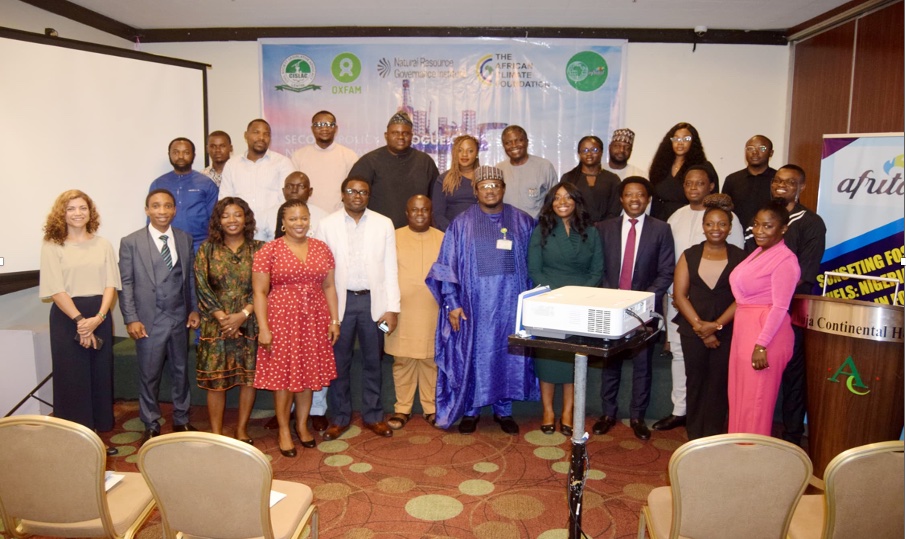
A fallout of one of the engagement strategies was the communique issued on the 26th of May, 2023, by the Civil Society Organizations (CSOs) urging the incoming government to clarify plans for gas and resolve the risks that could undermine Nigeria’s economy and energy transition plans.
On the 14th of August 2022, the first policy dialogue plan was held with government officials, regulators in the oil and gas sectors, and CSO members in attendance. The dialogue in session highlighted the setbacks despite the various plans on the part of the government towards the gas plan and energy transition since 2008. With the establishment of the Gas Master Plan, National Gas Policy Plan in 2017, Nigeria Gas Expansion Plan for Compressed Natural Gas (CNG) and Liquefied Petroleum Gas (LPG), the Natural Gas Flare Commercialization Programme (NGFCP), Master Gas Plan 2018, declaration of ten (10) gas project, etc., with no commensurate positive outcomes
The second policy dialogue on Nigeria’s Gas Plans was held on the 30th of October 2023. It focused on the challenges and imperative of financing Nigeria’s Gas Plans during the energy transition. National Assembly (NASS) members, regulators from the oil and gas sectors, CSO members, and the media were in attendance.
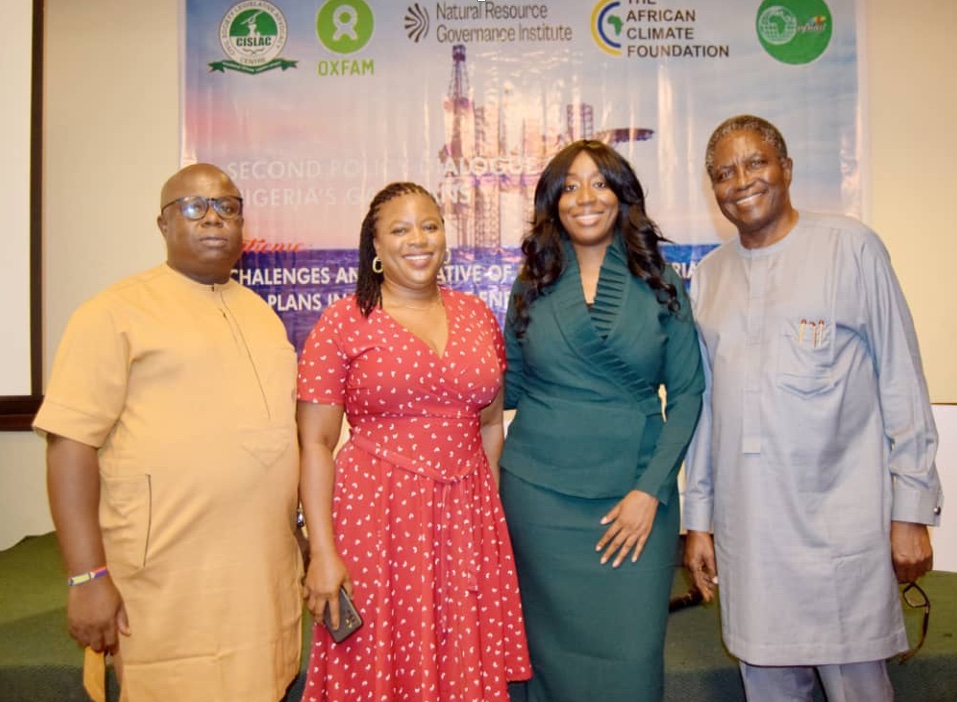
- Nigeria needs serious investment to maintain current gas production (declining reserves, infrastructure gaps, IOC exit).
- Huge amounts of capital for gas extraction are being sought across the continent.
- Heavy competition between countries, and Nigeria is not doing well.
- Total renewables finance for Africa quadrupled over the past decade. But the entire continent still gets just 3 % of the total. Finances, with countries like South Africa, Morocco, Kenya, Ethiopia, and Senegal dominating the market. Besides, interest rates for African countries are seven times more than in Europe and North America.
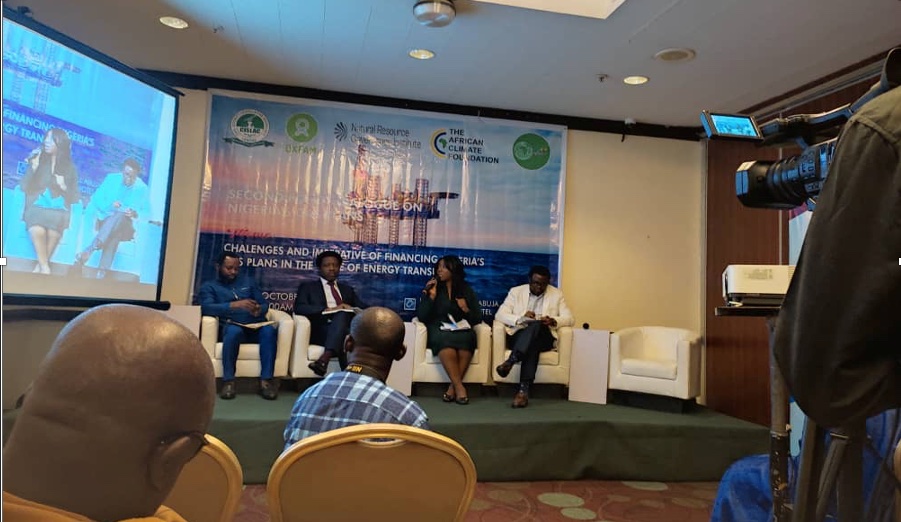
He suggested that Nigeria should:
- Scale down and right-size its plans to fit the financing opportunities.
- Shift risk its perception by implementing the most critical domestic reforms.
- Seek cheaper risk guarantees, credit lines, and insurance; support for naira-based lending to renewables companies/projects; more extensive grants for off-grid companies; attracting institutional investors, etc.
We are calling on the Nigerian government to streamline and publish it’s gas policy of over a decade to align with the present national development plans and to ensure prompt response and transparency towards the much needed energy transition.
A sincere appreciation to the NRGI, AfriTAL, and other partners for engaging with the relevant stakeholders, especially policymakers, for the achievable energy transition in Nigeria. We passionately appeal to AfriTAL and the NRGI for continuous engagement until the gas transition is fully achieved. We urge international organizations to offer their assistance in order to ensure Nigeria’s successful implementation of all energy transition policies and the establishment of a more efficient transition system.

This is indeed timely .
Thank you very much Dr Mfon for your painstaking research
Spots on.
If truly we can implement this hydrocarbon in a sustainable way.
Unemployment will reduce in this country , Nigeria.
If truly we can implement this hydrocarbon in a sustainable way.
Unemployment will reduce in this country , Nigeria.
And they shall be a fast growth in our economy sector.
Our government will have to respond as soon as possible. Thanks Heldi for making this known to all.